Past Disquiet: Exhibition Companion Guide – Digital
English:
Drawing on over a decade of research by curators Kristine Khouri and Rasha Salti, Past Disquiet is a documentary and archival exhibition uncovers a largely forgotten history of politically engaged artists and initiatives and their role in anti-imperialist solidarity movements from the 1960s to the 1980s. This iteration of Past Disquiet also casts a special focus on the history of artistic solidarity within the Netherlands, and particularly in Amsterdam where many solidarity organisations were based. It explores how international movements from the 1960s, ‘70s and ‘80s, such as the anti-apartheid, anti-Vietnam War, and Chilean resistance efforts, were met with local activism. The exhibition celebrates the creativity and enduring influence of these movements.
Past Disquiet traces its research to four forgotten ‘museums in solidarity’: the International Art Exhibition for Palestine (Lebanon, 1978), the Museum of Latin American Art in Solidarity with Nicaragua, the International Museum of the Resistance Salvador Allende, and Art Contre/Against Apartheid. These initiatives were intended as acts of solidarity, supporting the liberation struggles of the Palestinian people, the Sandinista revolution in Nicaragua, rejecting the Pinochet dictatorship in Chile, and opposing the apartheid regime in South Africa. Despite their significant scale and impact, the presented collections have largely faded from historical memory – until now.
Curators Khouri and Salti’s research journey followed threads from Beirut, Paris, Rome, Rabat, Baghdad, Tokyo, Venice, Santiago, Managua, Cape Town and Amsterdam, back and forth. Their investigation uncovered thousands of intersecting stories of visionaries who organised exhibitions, intervened in public spaces, and created a particular form of museum as an embodiment of their causes. Through compelling archival materials – documents, photographs, pamphlets, press clippings, posters, interviews and videos – the exhibition companion guide brings this shared counter-history of art practice and political mobilisation to light.
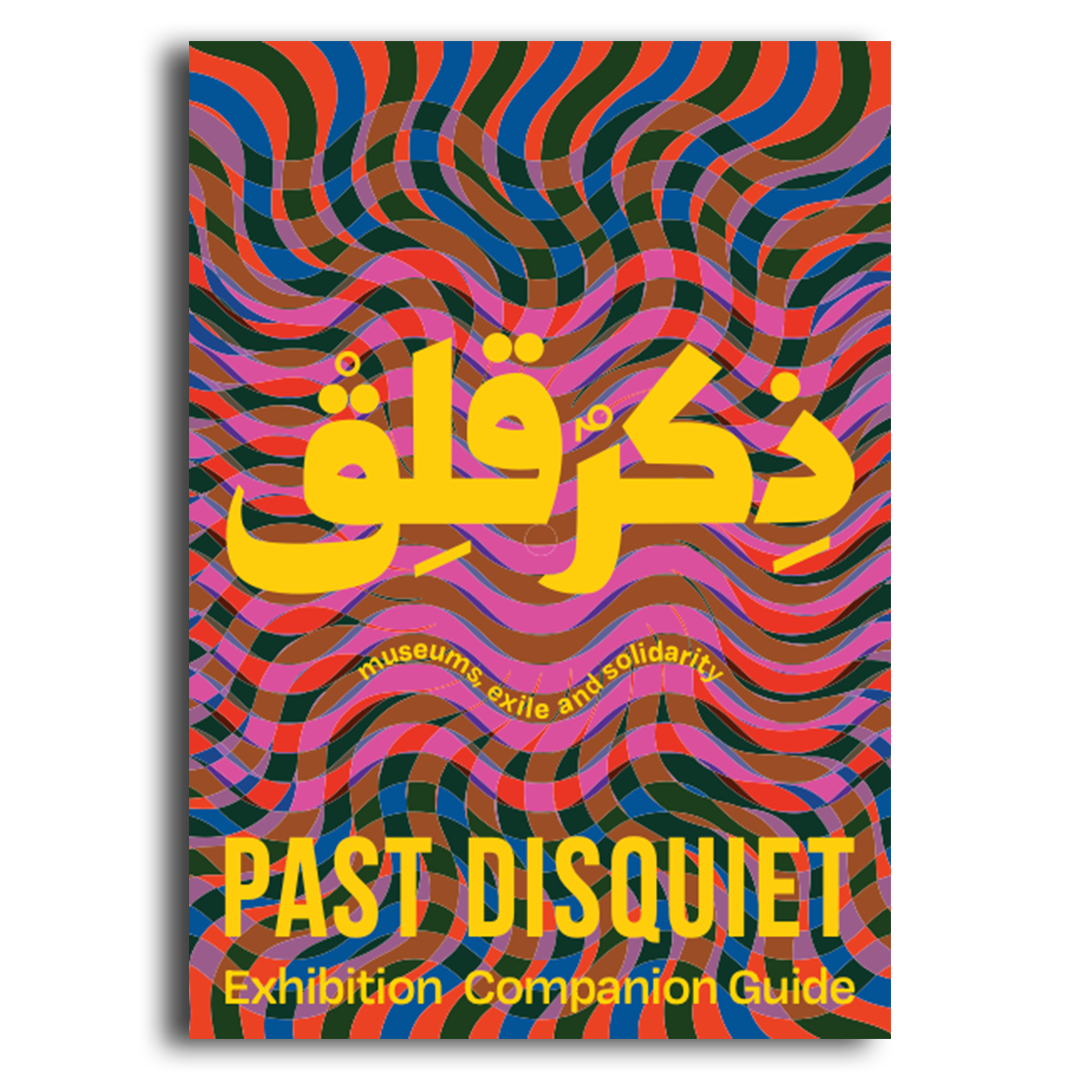
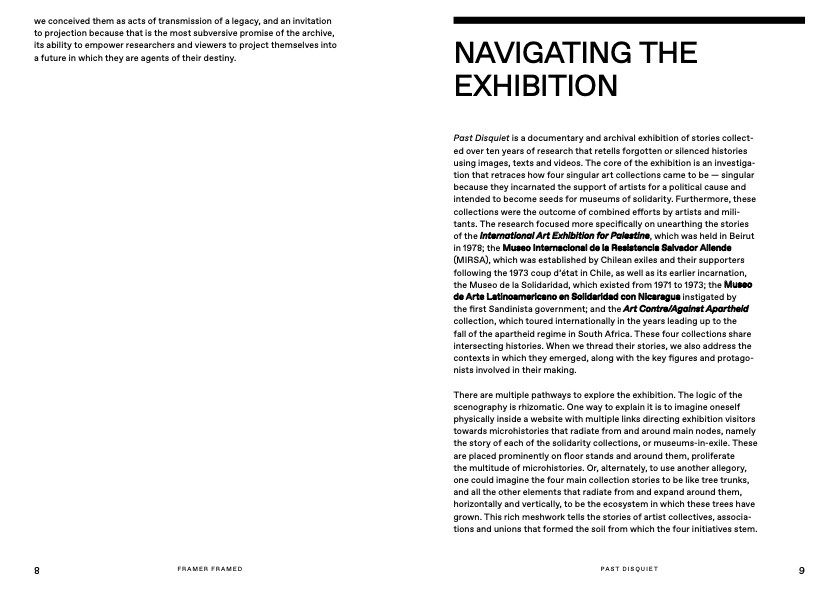
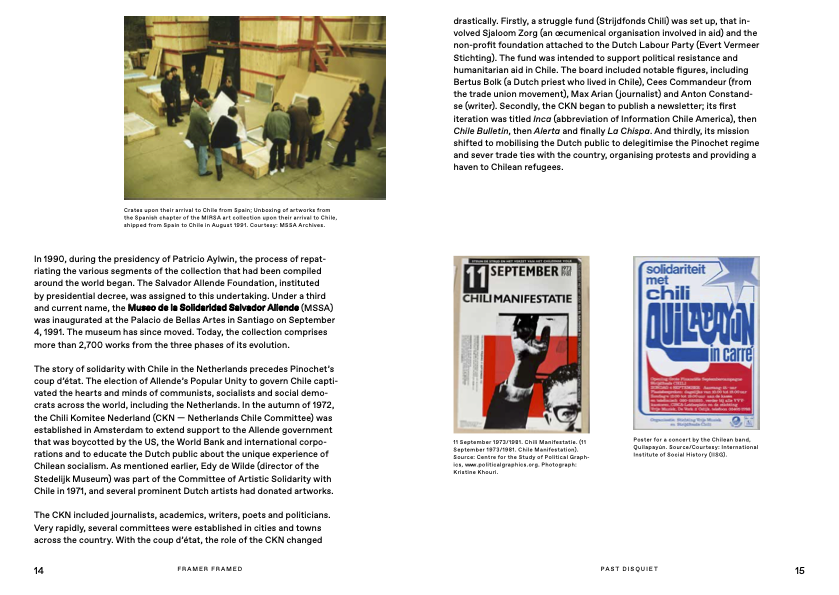
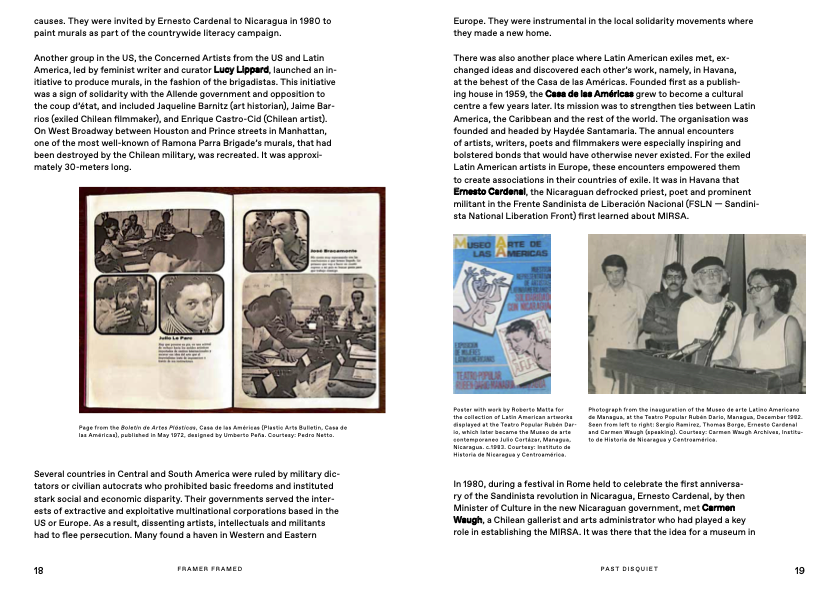
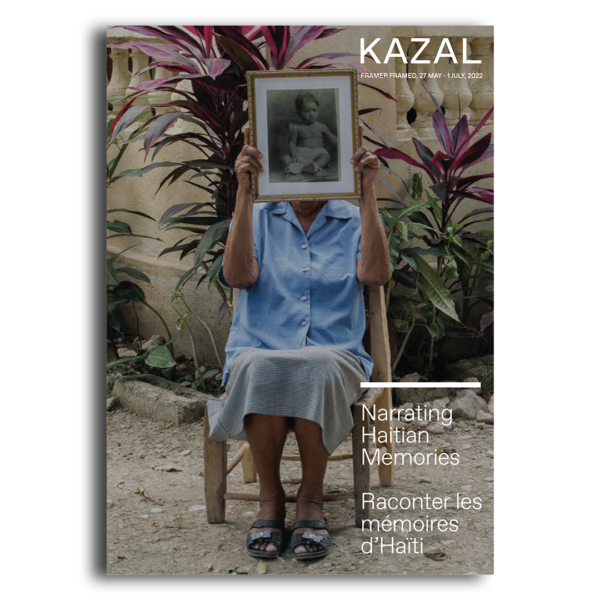
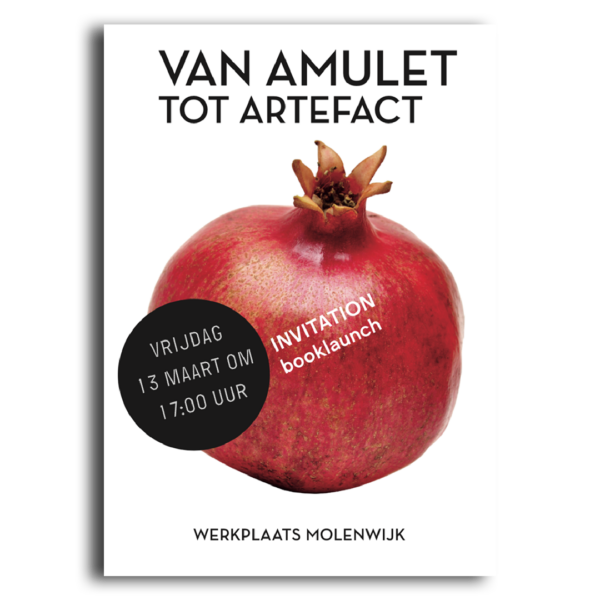
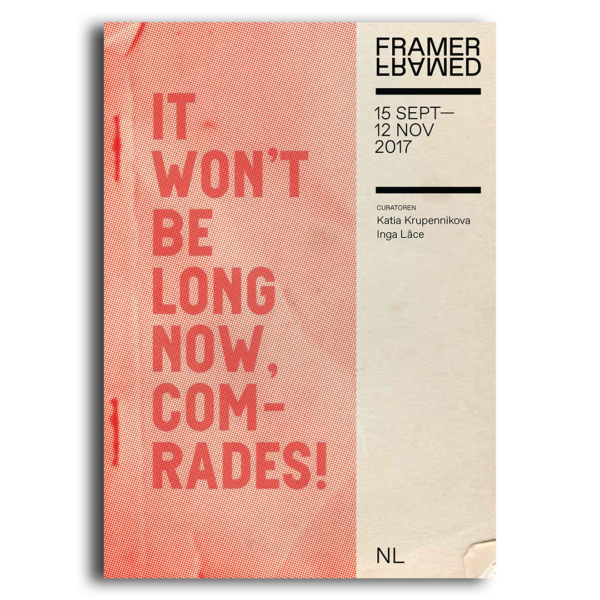
Recent Comments